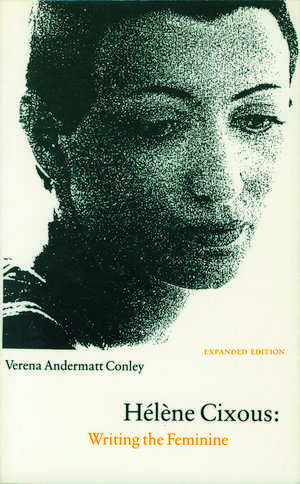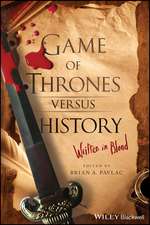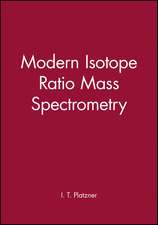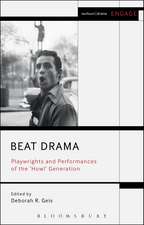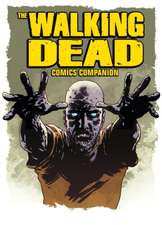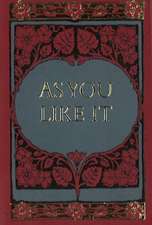Hélène Cixous: Writing the Feminine (Expanded Edition)
Autor Verena Andermatt Conleyen Limba Engleză Paperback – feb 1991
Born in Algeria in 1937, Hélène Cixous achieved world fame for her short stories, criticism, and fictionalized autobiography (Dedans, 1969). Her work quickly became controversial because it frankly tested a distinction between male and female writing. Her literary experiments and her conclusions make her one of the most stimulating and most elusive feminist theorists of our time.
Verena Andermatt Conley, a professor of French and women's studies at Miami University, has written the first full-length study of Cixous in English. Looking at Cixous as writer, teacher, and theoretician, Conley takes up Cixous's ongoing exploration of the "feminine" as related to the "masculine"—words not to be equated with "woman" and "man"—and her search for a terminology less freighted with emotion and prejudgment. Conley has updated this paperback edition with a new preface, bibliography, and interview with Cixous conducted by the editors of Hors Cadre.
Preț: 211.35 lei
Nou
Puncte Express: 317
Preț estimativ în valută:
40.44€ • 42.34$ • 33.46£
40.44€ • 42.34$ • 33.46£
Carte tipărită la comandă
Livrare economică 05-19 aprilie
Preluare comenzi: 021 569.72.76
Specificații
ISBN-13: 9780803263451
ISBN-10: 0803263457
Pagini: 222
Dimensiuni: 140 x 216 x 17 mm
Greutate: 0.29 kg
Ediția:Expanded
Editura: Nebraska Paperback
Colecția University of Nebraska Press
Locul publicării:United States
ISBN-10: 0803263457
Pagini: 222
Dimensiuni: 140 x 216 x 17 mm
Greutate: 0.29 kg
Ediția:Expanded
Editura: Nebraska Paperback
Colecția University of Nebraska Press
Locul publicării:United States
Recenzii
"A valuable exposition of Cixous's projects, showing their changing relation to the cultural and hisorical situation from which she writes."—Year's Work in English Studies
"[This book] serves the useful purpose—for English readers—of setting out the detailed trajectory of Cixous's writing career, describing her texts (both 'fiction' and 'theory') without any attempt at crude paraphrase, and placing her ideas in a wider . . . context."—Christopher Norris, London Review of Books
